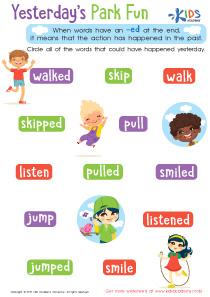Easy International Chess Day worksheets activities for Kindergarten
6 filtered results
-
From - To
Easy International Chess Day worksheets activities for Kindergarten provide an engaging and educational way to introduce young learners to the world of chess, a game known for enhancing critical thinking and problem-solving skills. Celebrating International Chess Day with these worksheets brings a plethora of benefits, making them a significant tool in early childhood education.
Firstly, these easy worksheets are designed with kindergarteners in mind, ensuring that the complexities of chess are broken down into simple, engaging, and fun activities. Such a design encourages young minds to grasp the basic concepts of chess without feeling overwhelmed, fostering an environment of learning and curiosity. By participating in International Chess Day through these worksheets, children begin to understand the importance of strategic thinking and planning, skills that are invaluable in both academic and everyday life.
Moreover, these worksheets activities for Kindergarten are not just about learning how to play chess. They are also about developing cognitive skills such as memory, concentration, and logical thinking. Through interactive activities like identifying chess pieces, understanding their movements, and solving basic chess puzzles, children improve their cognitive abilities in a playful and enjoyable manner.
Incorporating Easy International Chess Day worksheets activities into the Kindergarten curriculum also promotes social-emotional learning. As children learn about chess, they are simultaneously learning about patience, sportsmanship, and the value of making thoughtful decisions. These are crucial life skills that contribute to a child's overall emotional intelligence and ability to interact positively with others.
Furthermore, celebrating International Chess Day with these easy, accessible worksheets highlights the global nature of chess, teaching children about different cultures and the unifying power of games. It encourages them to be part of a worldwide community that values intelligence, creativity, and mutual respect.
In conclusion, Easy International Chess Day worksheets activities for Kindergarten are not just educational tools; they are gateways to developing a wide range of skills that benefit young learners well beyond the chessboard. By engaging in these activities, children are set on a path of lifelong learning and curiosity, equipped with the mental agility to face challenges with confidence and creativity.

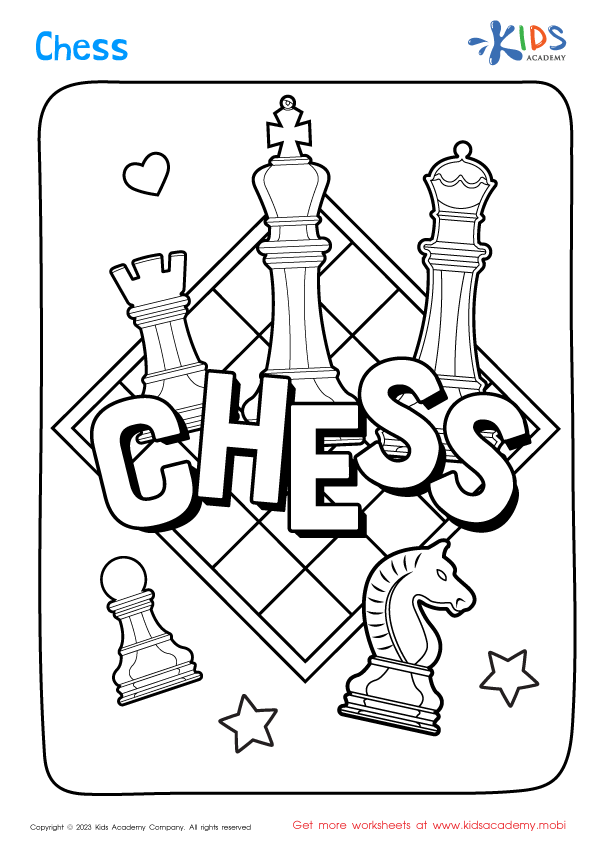

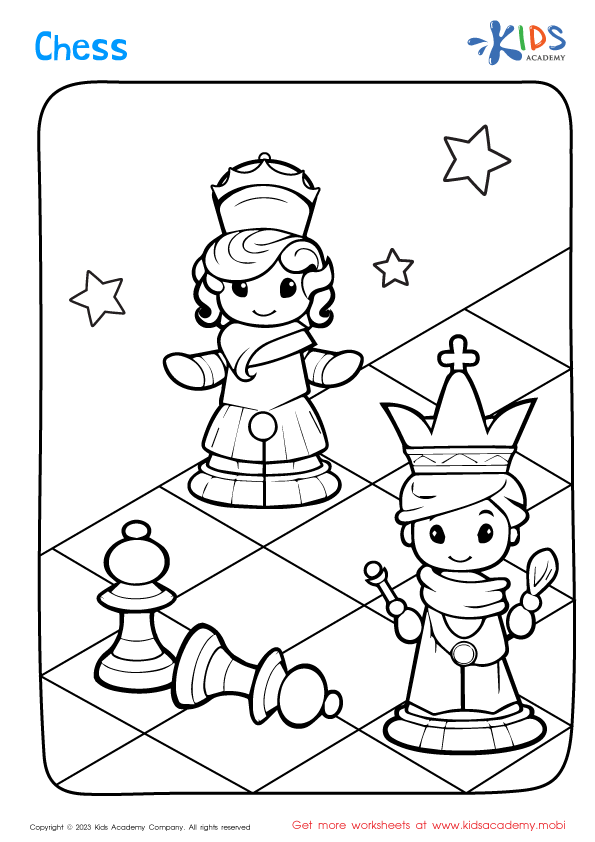
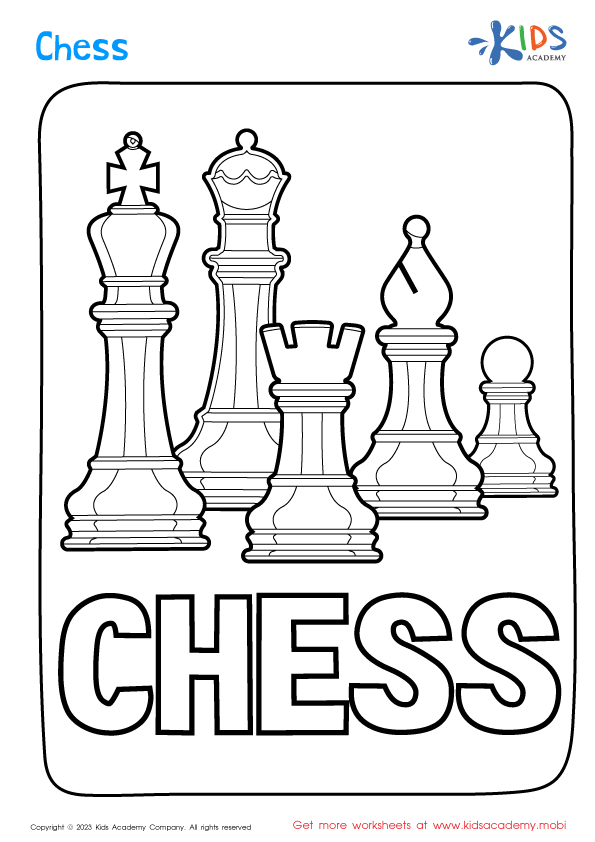
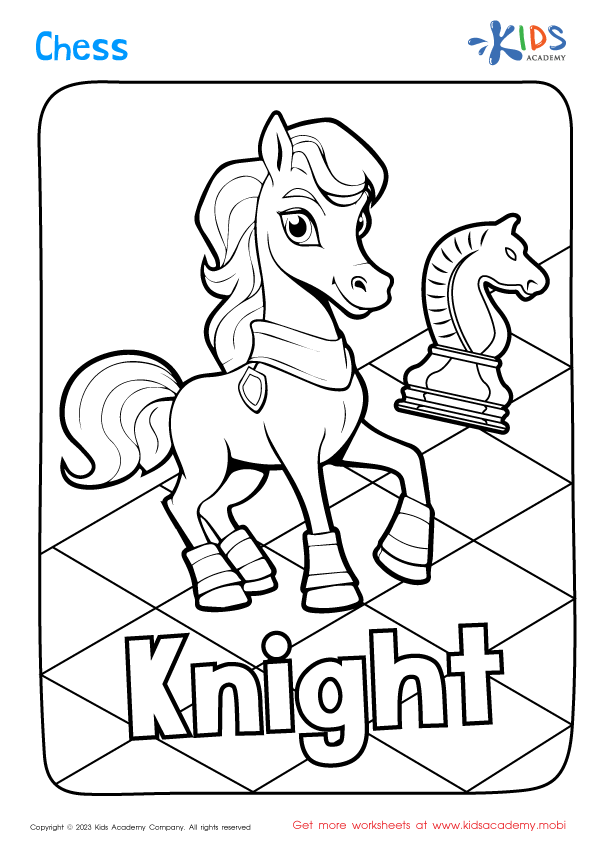
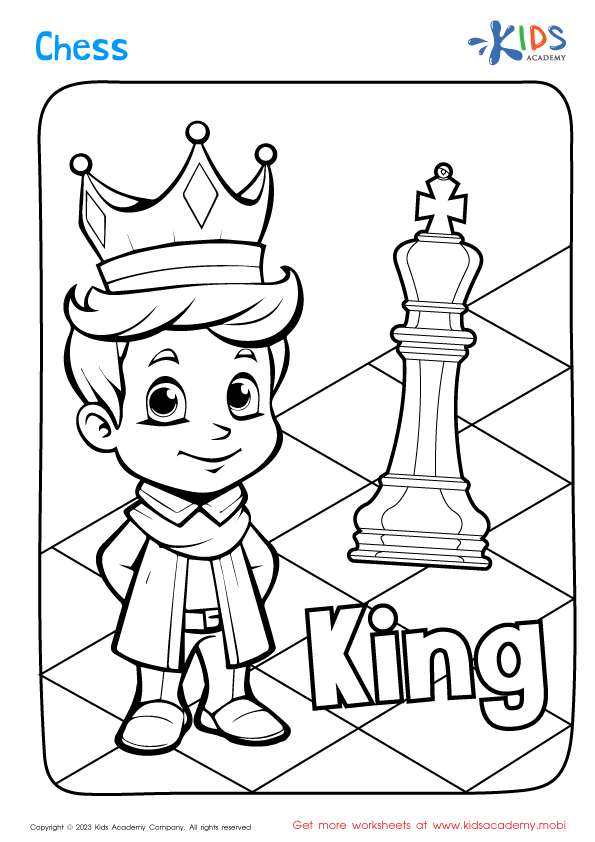

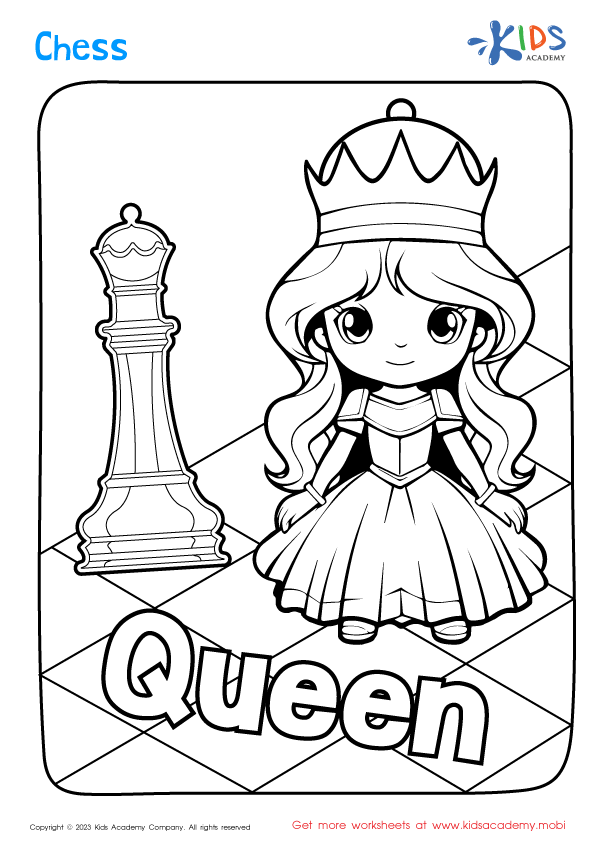







.jpg)





